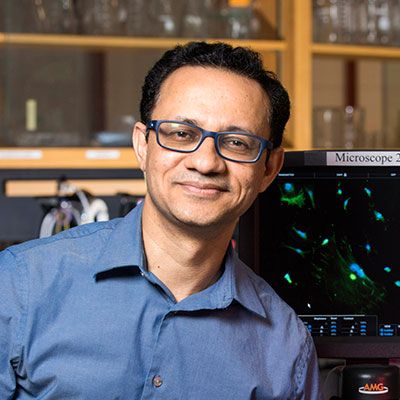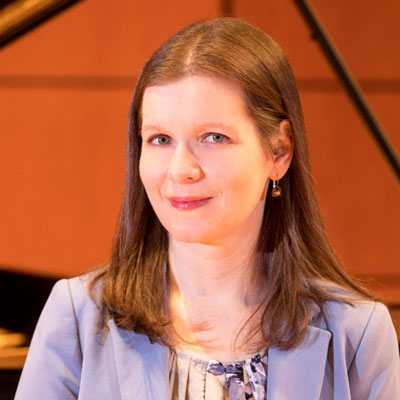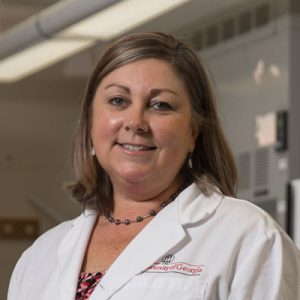Mable Fok
 Creative Research Medal 2019
Creative Research Medal 2019
Mable Fok, associate professor in the School of Electrical and Computer Engineering, conducts interdisciplinary research that spans system design, hardware implementation and algorithms in an effort to overcome the future crunch in spectral bandwidth. She has identified some of the bandwidth limitations of emerging 5G wireless systems and proposed a combined use of light and artificial neural algorithms to address them. Light can provide the flexibility, bandwidth and speed lacking in existing electronics. Artificial neural algorithms can provide the necessary computer recognition and automation tasks. Turning to nature for inspiration, her research team has employed a light-based device that mimics an algorithm in an electric fish’s jamming avoidance response. The experimental device can autonomously move the frequency of an emitted signal away from other signals, potentially reducing interference. This research could inspire new ways to accommodate increasing numbers of wireless devices and data transmissions competing for space on limited available bandwidth.

 Creative Research Medal 2019
Creative Research Medal 2019 Charles B. Knapp Early Career Scholar Award 2019
Charles B. Knapp Early Career Scholar Award 2019

 Entrepreneur of the Year Award 2019
Entrepreneur of the Year Award 2019 Inventor of the Year Award 2019
Inventor of the Year Award 2019